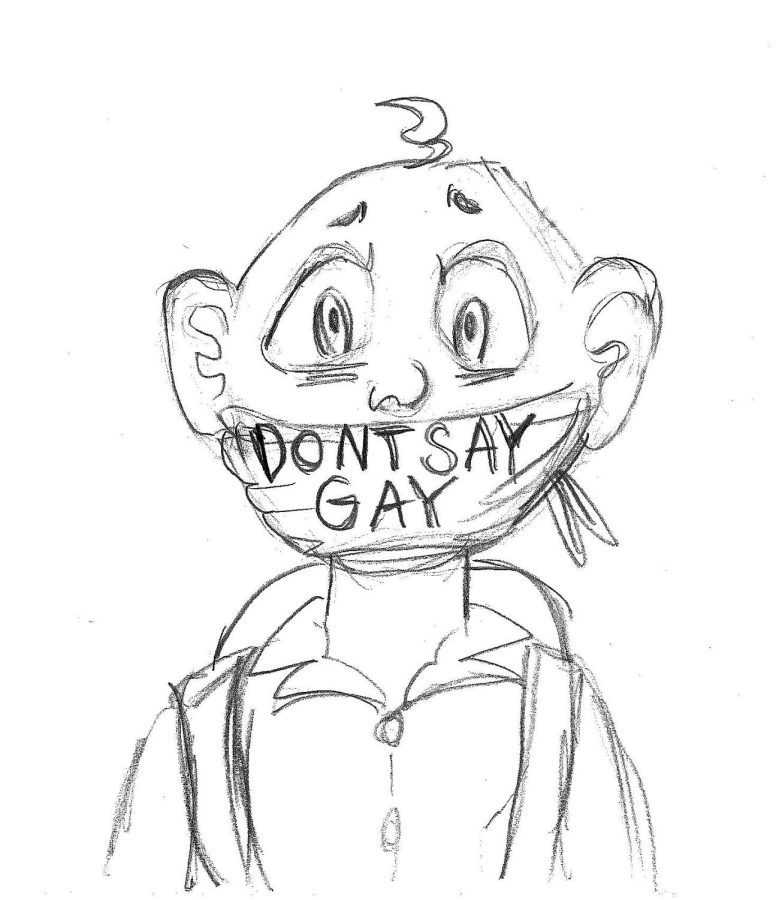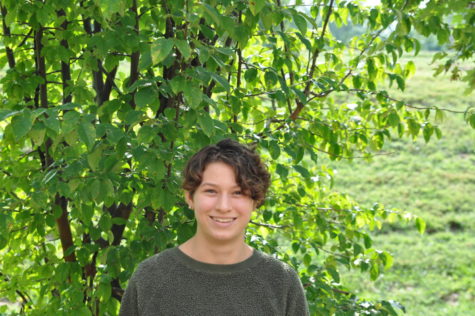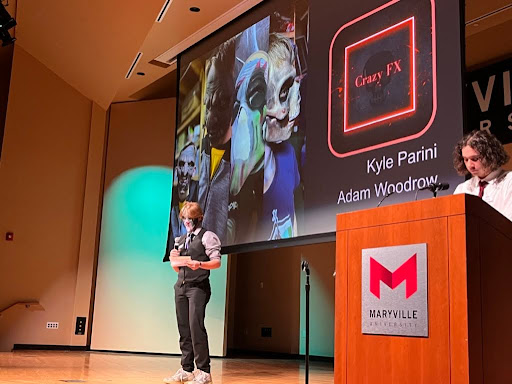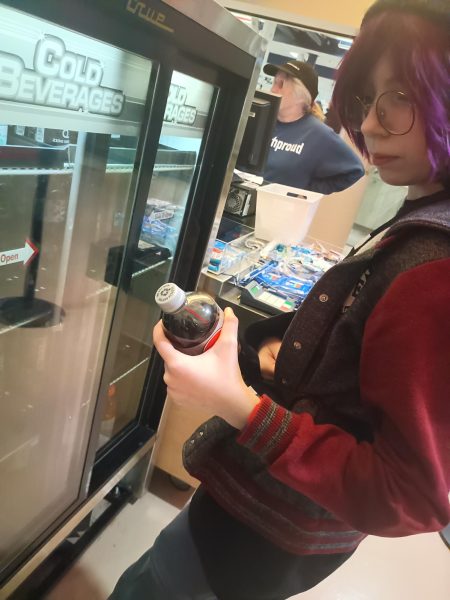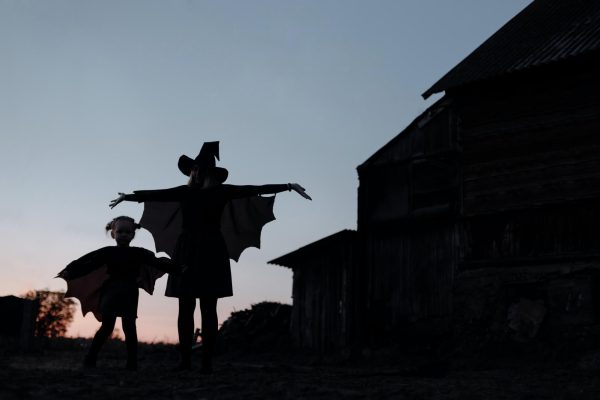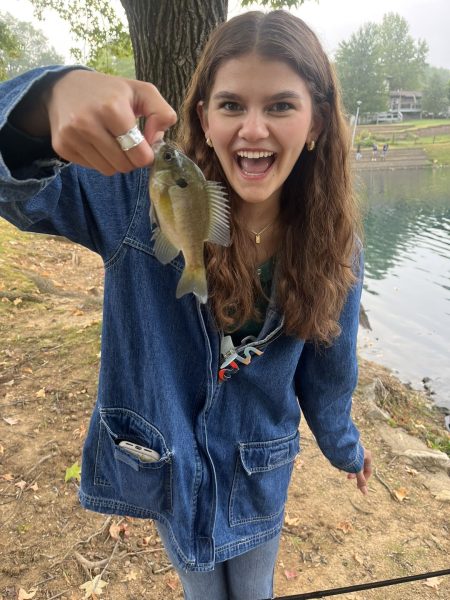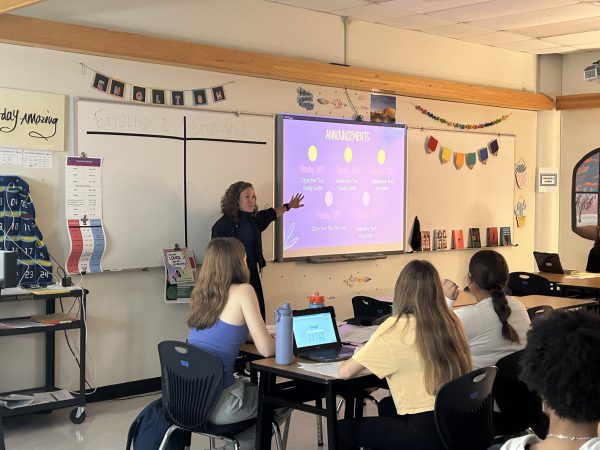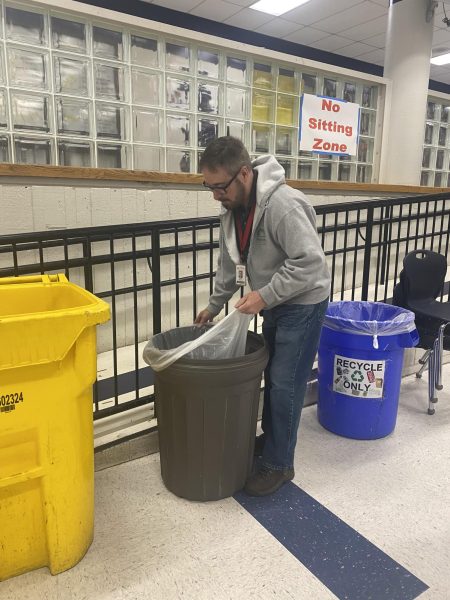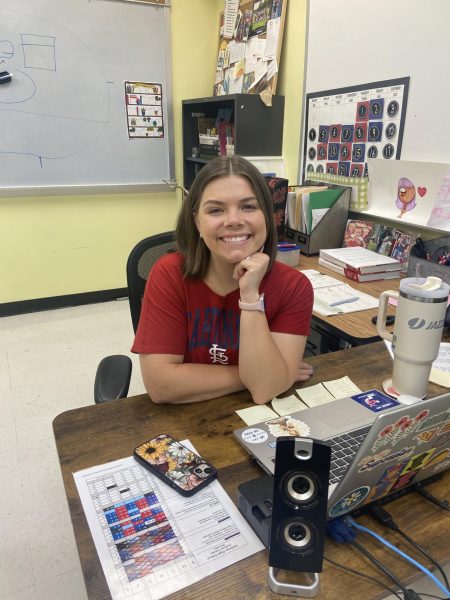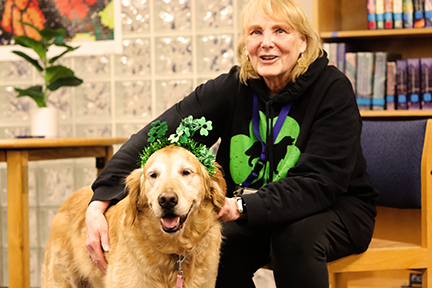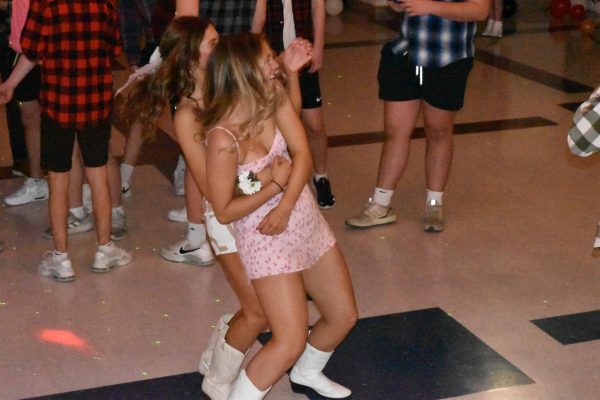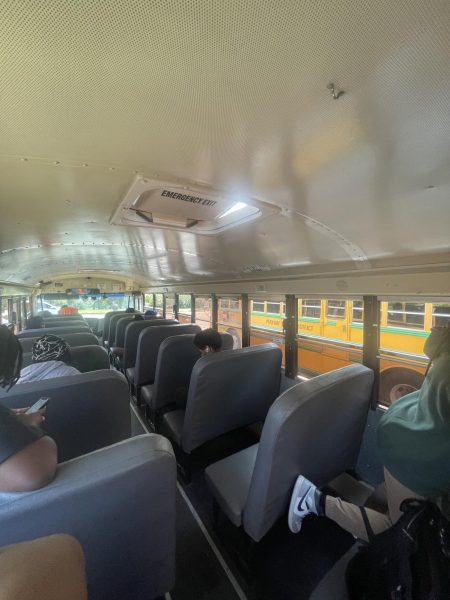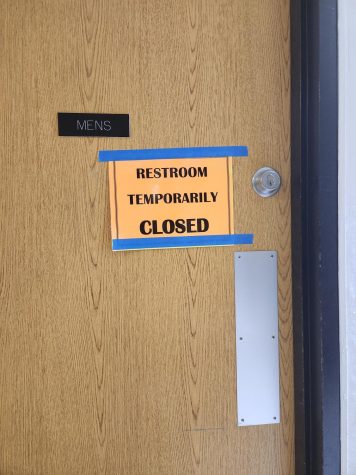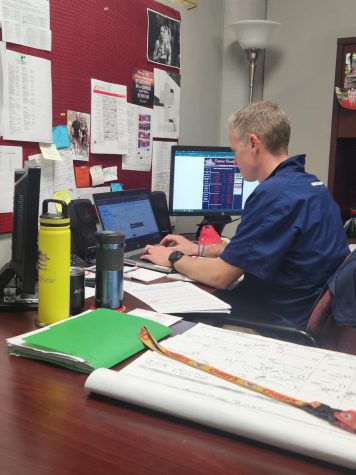Stop censoring our schools
Shutting out social issues in schools will only do harm
I used to be a member of a very insular, very conservative homeschool community. Many of my peers were homeschooled because their parents wanted to keep them away from what they saw as the corruptions of the modern day–vaping, pot, R-rated movies, evolution, the Big Bang Theory, and most frustratingly for my younger self, the LGBTQ+ community.
I remember sitting next to my two friends at a playground in 7th grade. Gay relationships were usually too taboo to bring up, but one of them was talking about his favorite superhero show, which had a romantic subplot between two bisexual women. He complained about how uncomfortable it made him every time they came on screen; how the existence of the relationship was ruining an otherwise perfectly good show. The other friend ran away, distressed that he would even mention such a vulgar subject, even in a negative light.
As a queer person, I felt a little wounded. But I knew she was the daughter of one of the more extreme conservative homeschool parents. Because of her environment, she probably literally didn’t know any better.
And on top of that, I didn’t feel particularly threatened by the way I knew my peers would react to me if they knew who I really was because I assumed, naively so, that if I could just get out of the homeschool community, I would not have to put up with those kinds of things anymore, or at least not to the same extent. Sure, I knew that the local public school LGBTQ+ kids were (and still are–according to the Human Rights Campaign, 70% of LGBTQ students have been bullied at school because of their sexual orientation) putting up with homophobic and transphobic behavior at their own schools, but at least, unlike their homeschool counterparts, they were allowed to see and be seen by other LGBTQ+ students who were going through the same struggles. And because they had at least some straight peers that understood and were sympathetic to the LGBTQ+ community, they were not completely entrenched in the ignorance (and resulting prejudice) of others.
In more recent times, conservative anxiety over kids learning about LGBTQ+ topics and issues in school has become more mainstream. This has been happening in tandem with the fear that Critical Race Theory (CRT), an academic concept that teaches that race is a social construct and that racism is a normal, not aberrant problem fully entangled with many of our social and legal systems, is being taught in schools.
As a result of this anxiety, some books covering race, sexuality, and gender have been banned from school libraries, including classics like The Bluest Eye by Toni Morrison and To Kill a Mockingbird by Harper Lee. And bills and laws restricting or banning the discussion of LGBTQ+ issues and anything one might deem CRT, regardless of whether or not they know or care what qualifies as CRT, are popping up all over the country.
I genuinely believe that many supporters of these bills and laws are doing so because of genuine concerns about the kind of material kids are learning and not personal prejudice, but the language used by the politicians responsible in and around this kind of legislation suggests that the intent is not to protect children from a specific threat, but to rally the support of their constituents by playing on familiar biases against already vulnerable groups of people.
Just take Christina Pushaw, spokesperson for Florida Governor Ron Desantis, who stated that Florida´s “Don’t Say Gay” law should be called an “Anti-Grooming” law, calling back on the tired, false stereotype that members of the LGBTQ+ community are actually pedophiles.
But the worst problem with all of this legislature echoes back to the first wave of “Don´t Say Gay” laws in the 80’s and 90’s–the language in anti-CRT and modern “Don’t Say Gay” laws is often intentionally vague in order make educators question and doubt whether the discussions they’re having are even legal until those discussions stop being held at all.
This will cause harm. By limiting the ability of students to learn about people who have different experiences than them, the development of empathy across different identities could be hindered. According to GLSEN, LGBTQ+ students that have access to LGBTQ+ inclusive curriculums are less likely to be made to feel unsafe at school because of their sexual orientation, gender expression, or gender identity. In other words, ignorance begets prejudice.
Besides, schools should be a place for gaining knowledge, not shutting it out. In order to truly understand history and the current world around us, we must look head-on at all kinds of human experiences, good and bad. How could we talk about social change in the 20th century while ignoring the gay rights movement and the AIDS crisis? Or ancient Greek poetry without Sappho? And how could we ever really understand American history if we ignore its dark underbelly of exploitative sharecropping, residential schools, redlining, etc.? That history is part of all of us because it affects the world we live in today. The way forward is never to shroud ourselves in darkness.

